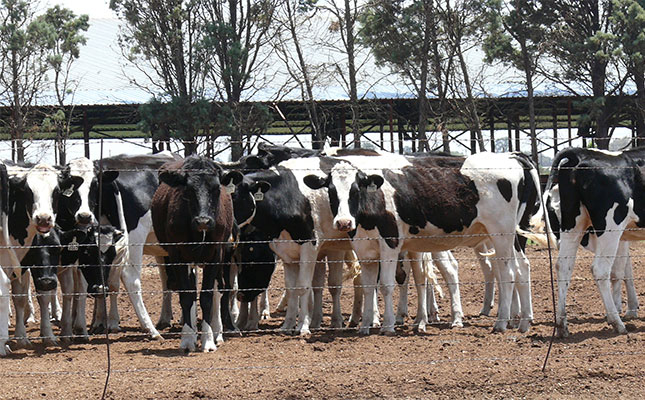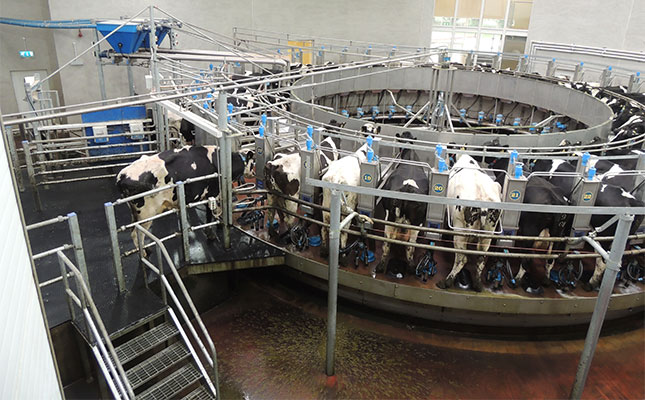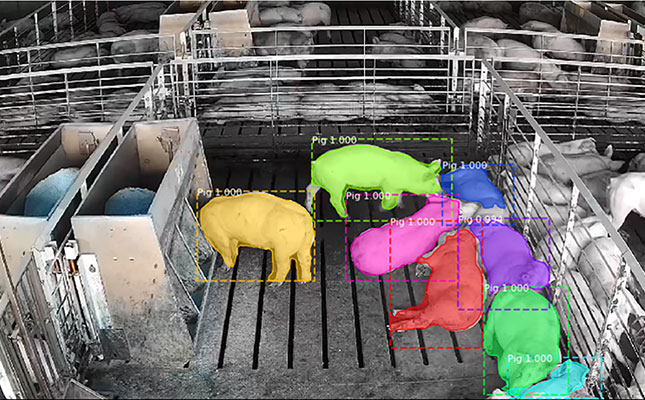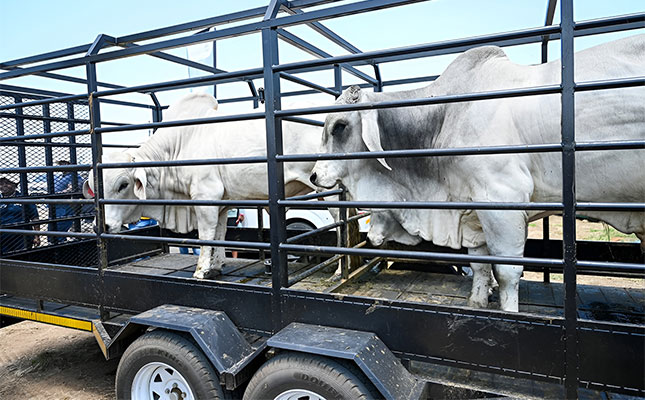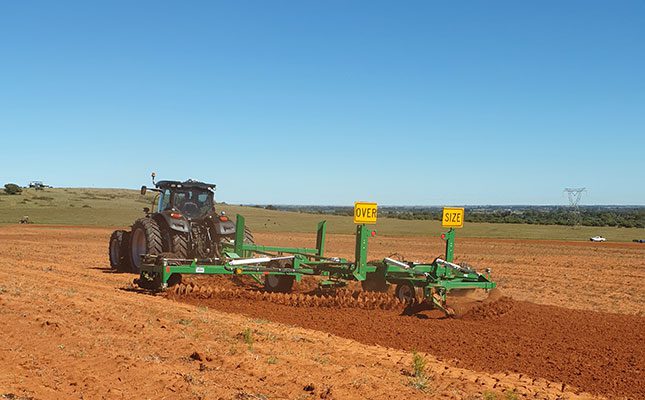
What was meant to help has instead created frustration and financial strain.
“The scheme was designed as a lifeline,” Mona Appalsamy, a senior associate at Shepstone & Wylie Attorneys in Johannesburg, told Farmer’s Weekly. “But today, it’s more of a compliance minefield than a financial relief for many farmers.”
The scheme, administered through the VAT system and governed by the Customs and Excise Act (No. 91 of 1964), allows farmers to reclaim certain fuel levies when diesel is used for qualifying farming activities.
On paper, this sounds straightforward, but in practice, farmers face tough hurdles, particularly when it comes to record-keeping.
To claim a refund, a farmer must prove that they bought and paid for the diesel; they used the diesel for qualifying farming activities; and their records are accurate, complete, and traceable from purchase to use.
“Record-keeping is the Achilles heel of most refund claims. Even small administrative oversights can cause SARS [the South African Revenue Service] to reject an otherwise valid claim,” Appalsamy explained.
Many farmers are unaware of just how strict the rules are, and some only discover the problem after SARS has denied their claims or imposed penalties on them.
The courts have also reinforced this hardline approach. In the Sandbaken Boerdery vs Commissioner for SARS case in January 2025, a mixed farming operation had applied for a diesel refund, but SARS denied the claim due to incomplete diesel usage logbooks.
When the matter went to court, the judge sided with SARS, stating that without compliant records, it was impossible to verify the diesel’s use.
“The Sandbaken judgment confirmed what we’ve seen in practice,” Appalsamy said. “The courts expect nothing less than full, precise compliance. There is no room for estimation or assumptions.”
Another recent example is the Naudé vs SARS case in February this year, where SARS denied a refund because the diesel was not purchased in the applicant’s name, and the logbooks failed to specify what farming tasks the fuel was used for.
“These aren’t just paperwork errors; they’re legal non-compliance, and courts are not willing to overlook them,” Appalsamy emphasised.
The Umbhaba Estates vs Commissioner for SARS case in June 2021 set a further precedent, confirming that diesel logbooks must contain a full audit trail, clearly tracking the diesel from purchase to end-use.
Currently, up to 80% of a farmer’s diesel usage may qualify for a refund under the rebate system. This could represent substantial savings, but the financial benefit is lost if even one requirement is missed.
To avoid any issues, Appalsamy advised that farmers ensure their diesel purchases are in their own name; keep detailed usage records showing what each litre was used for; and track diesel from the point of purchase through storage and final use.
“We urge farmers to review their internal controls and make sure their logs would stand up in an audit. It’s far better to be prepared than to face penalties or have to pay back refunded amounts,” she added.
SARS has published a draft version of a compliant diesel usage logbook on its website. While not yet law, it offers useful guidance on the information is required. Farmers should begin aligning their records with this format to avoid future disputes.
“The diesel refund can still offer valuable support, but only if farmers treat the paperwork with the same precision they apply to their planting schedules,” Appalsamy said.
In short, the diesel refund scheme offers real financial help, but only for those who follow the rules to the letter. Clear, complete, and consistent record-keeping is no longer optional; it is essential.

